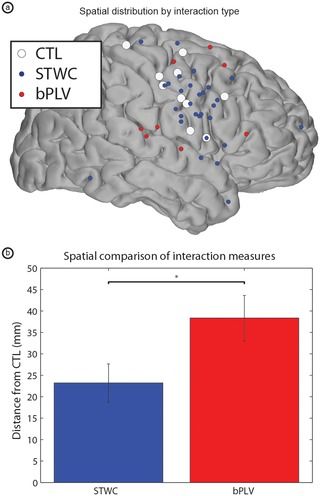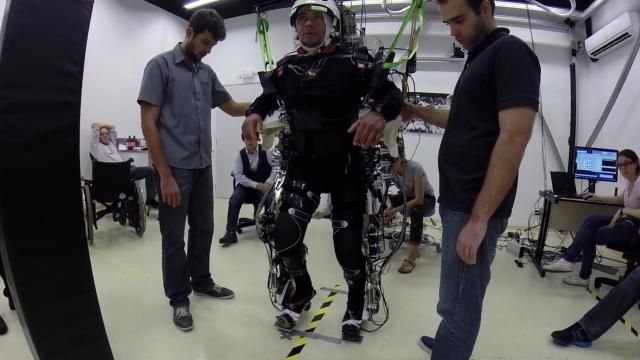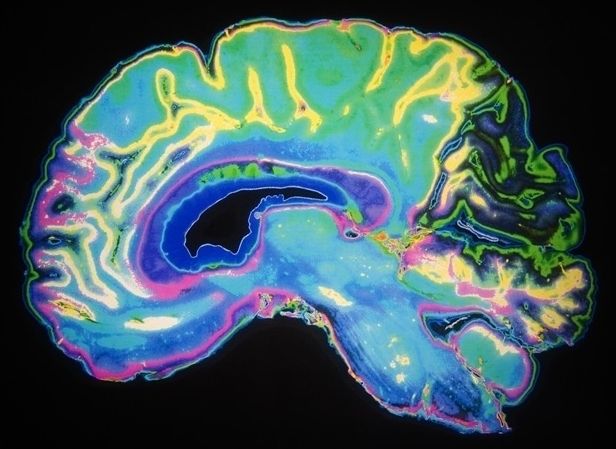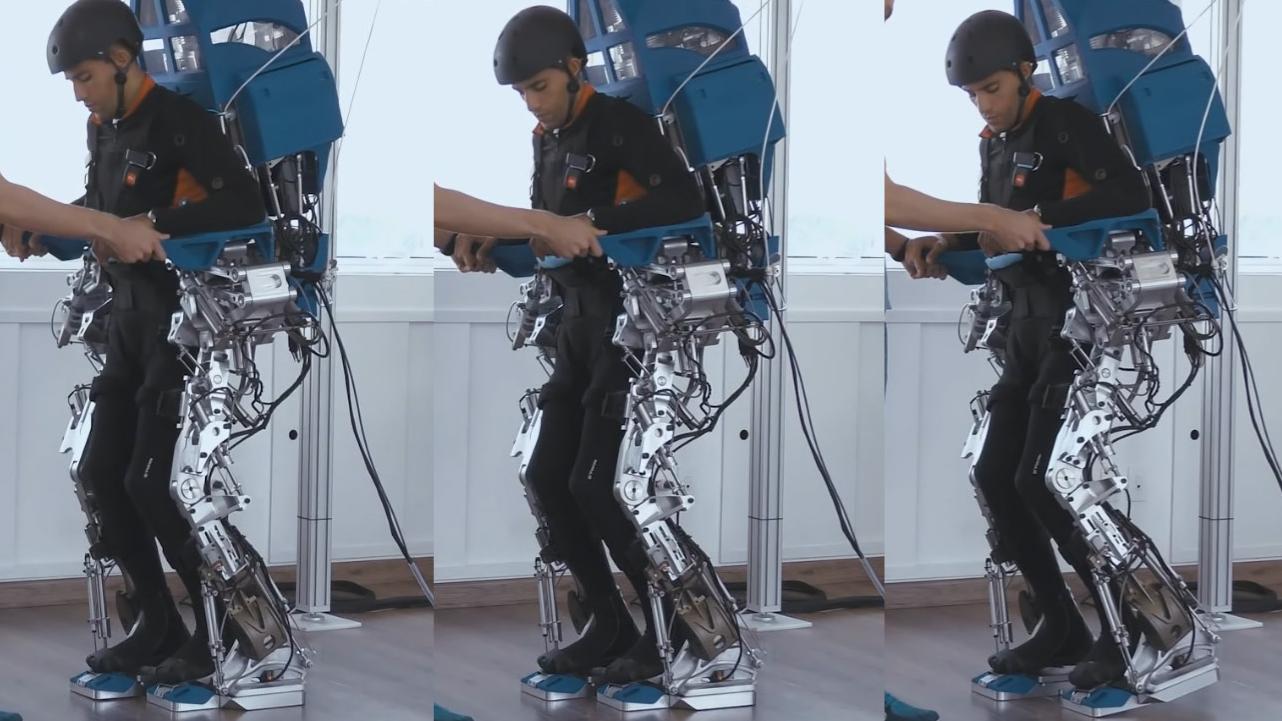Want to be the next Captain Kirk or Spock; we’re getting more close of being a Star Trek & Star Wars world with drones and fighter jets with death lasers, cyborgs with BMI technology, sabers being developed, and now the Star Trek phaser is being developed.
Every year Star Trek’s futuristic sci-fi technology comes closer to just being “technology.” We live in a world where video chats, communicators, and real-time translators are normal, where androids are becoming more and more realistic and food replicators are almost here thanks to 3D printing. The next step? Phasers!
Next month the Smithsonian Channel will air a two-hour Star Trek special to celebrate the show’s 50th Anniversary, which will take a look at some of the technologies the show predicted. In this just-released segment of Building Star Trek, future phaser use is predicated by laser scientist Rob Afzal of Lockheed Martin who, let’s be honest, has one of the coolest titles in the world. (“What do you do?” “I’m a LASER SCIENTIST.”)






